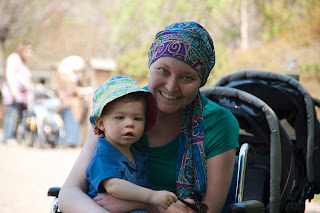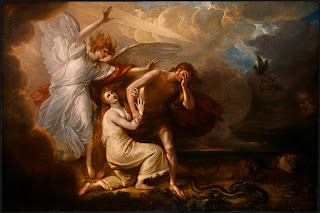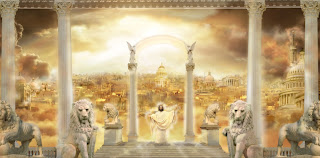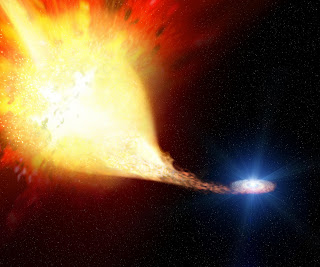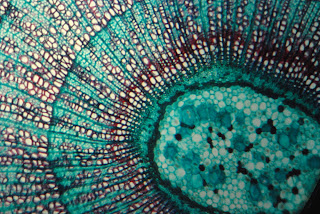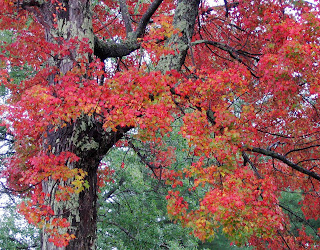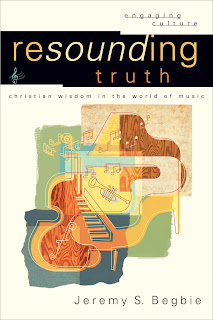On Easter morning, my eldest ran into the living room where we had left Jesus on the cross the night before, eyes wide with hope of resurrection. “Daddy, look! Jesus left us flowers that God made!”
Hope and joy at the end of sorrow and pain. This is Easter.
On Easter morning, gathered with our Family, we sing
My heart swells and overflows with emotions that at first glance seem to be at odds. For some time now, I often feel both joy and gratitude, sorrow and longing.
On Easter morning, the joy is easy. Jesus is alive!
Sorrow and longing, though, those are things that are more difficult. Yet they are real and, although hard, they are what should be.
My sorrow is over our first Easter without Kristina.
As we celebrate Jesus’ victory over death and as our family celebrates a new season of birth from my youngest brother and his wife, we miss Kristina with a physical ache. As I plan a baby shower, I can’t help but think of how Kristina would have been at her finest, crafting beautiful invitations by hand.
We acknowledge that all of this, this pain and death and sadness, is not how it was supposed to be. None of this existed before we rebelled against God.
And so I sorrow.
My longing is for that day of redemption and transformation. The day when earthly pain will cease and death will be banished for all time. I desperately wish to be gathered into Jesus’ arms and told that all is now well.
And so I long.
Sorrow and longing. At second thought, they are what we should feel. After all,
Our kind, heavenly Father has provided many wonderful inns for us along our journey, but He takes special care to see that we never mistake any of them for home. ~ C.S. Lewis
May I return for a moment to gratitude?
On Easter morning, as we worshiped together, we sang
My heart cries out “Why?”
Why do You love me that much?
You went to the cross to allow me to become a daughter of God. Wasn’t that more than enough? Why would You now also work so very hard to make beautiful things out of the dust that I am? Why would You pour so much into molding me into someone who looks like You?
There is much deep theology in this. Perhaps I will explore these things later.
For now, I will fall on my knees in gratitude for such deep love.
On Easter morning and beyond, I will let my heart swell with sorrow and longing, joy and gratitude, knowing that Jesus is alive.
art credit: The Expulsion of Adam and Eve from Paradise by Benjamin West; heaven picture; cross picture by Asta Rastauskiene

